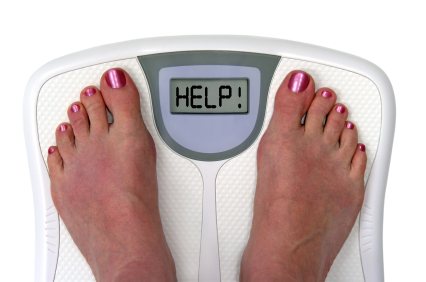Low body temperature linked to obesity in new study
In my 1992 book on Wilson’s Temperature Syndrome, I shared my clinical findings linking low body temperature and easy weight gain. Now these same findings are being documented in the medical literature. A new study has found that obese people (BMI >30) have lower body temperature during the day than normal weight people. The obese people had an average body temperature that was .63 degrees F cooler than normal weight people. The researchers calculated that this lower body temperature—which reflects a lower metabolic rate—would result in a body fat accumulation of approximately 160 grams per month, or four



